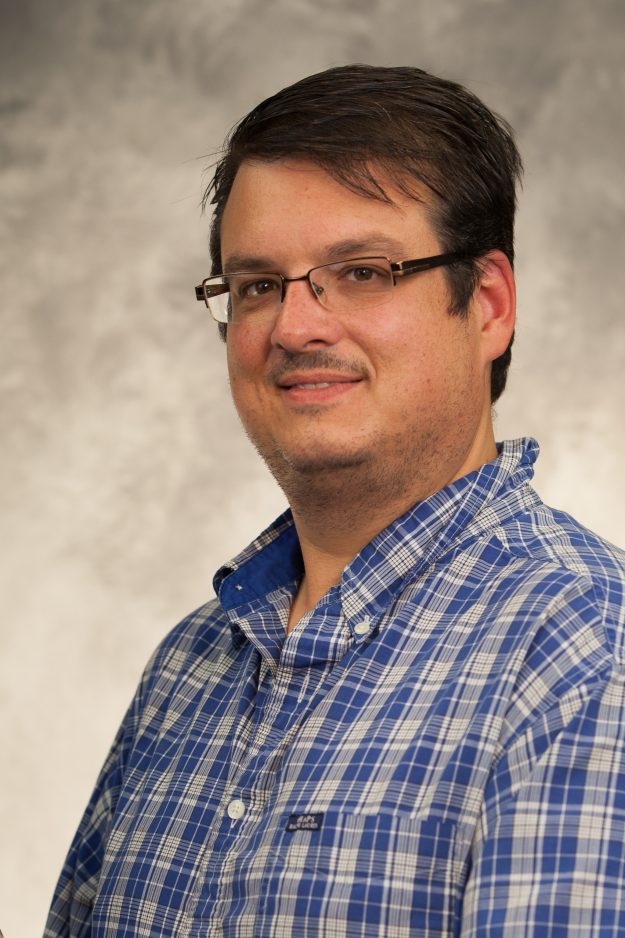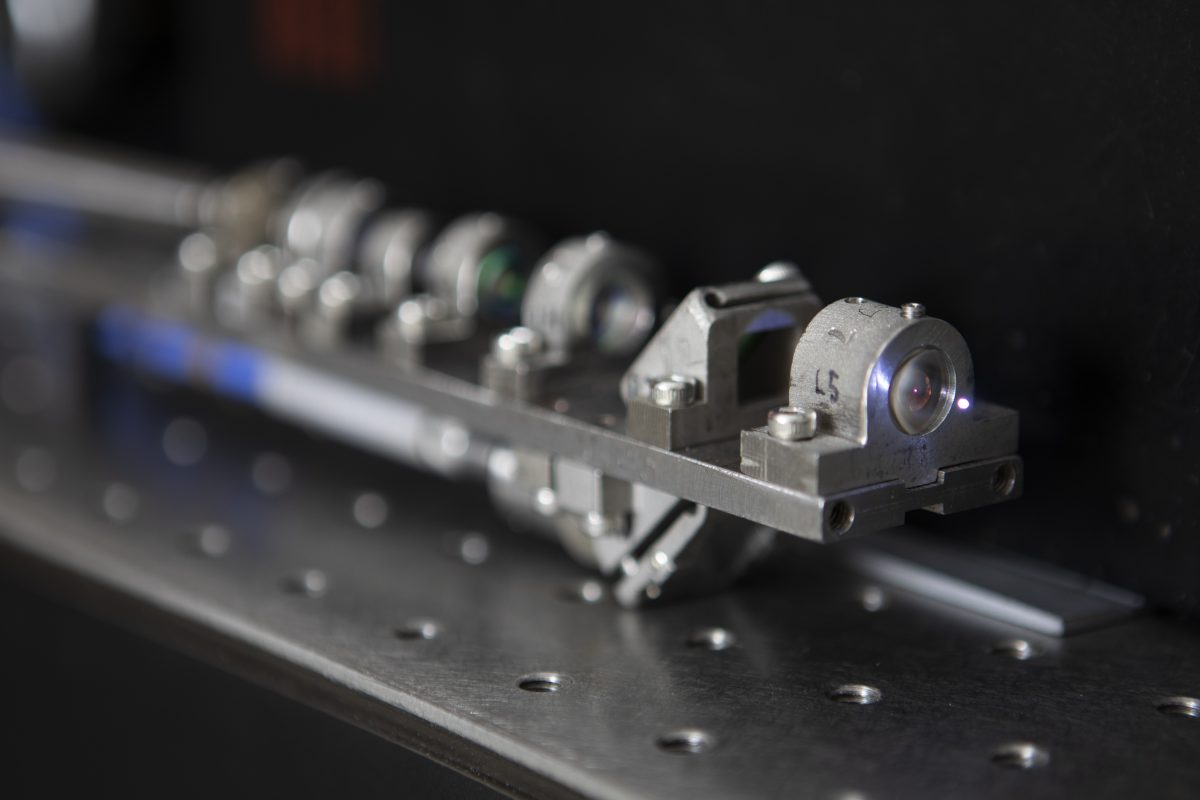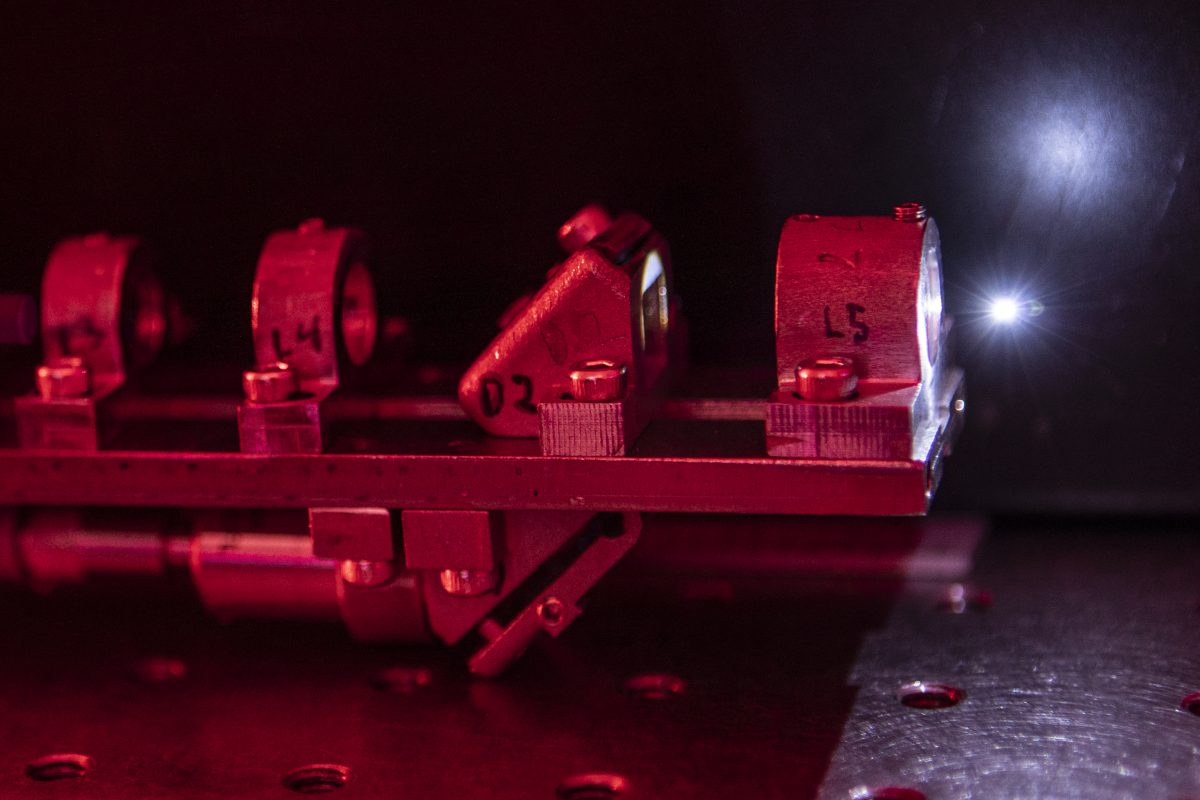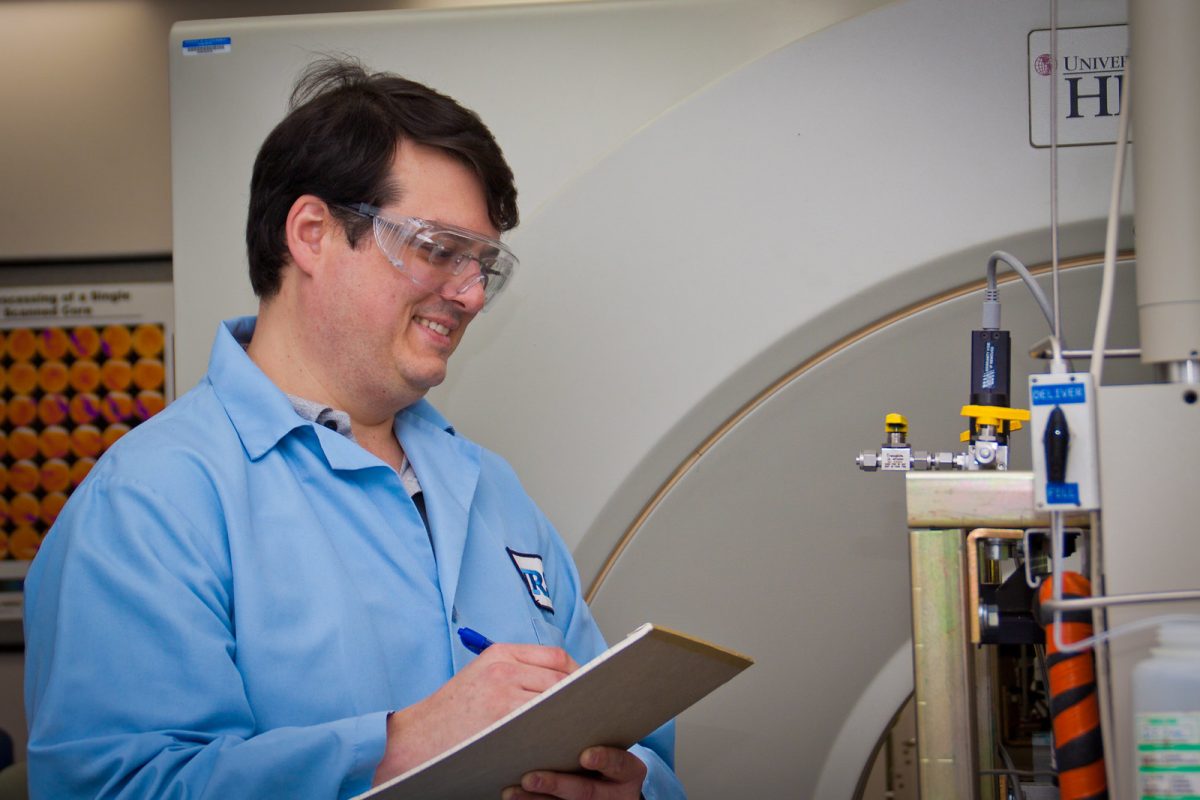NETL laser expert Dustin McIntyre on sustainable energy, personal passions
Dustin McIntyre does not have a boring job — or a boring life.
“I like to shoot stuff with lasers,” said this human whirlwind, an award-winning researcher with the National Energy Technology Laboratory, during a Zoom interview. NETL, which operates under the U.S. Department of Energy umbrella, is a multi-tentacled operation that, as defined by Wikipedia, “focuses on applied research for the clean production and use of domestic energy resources.”
“We’d like to continue using fossil energy without damaging the environment or having as little of an impact as possible,” McIntyre said. “We have those technologies. We’re seeking money from multiple government organizations to test different technologies. These days, I’m involved with coming up with new ideas to patent.”
Striving to be a cutting-edge researcher and environmental steward for his planet is among his primary professional duties, but work is not the only thing to which this South Strabane Township resident devotes his time. McIntyre also is a community servant, a family man with two Trinity Middle schoolers — son Hayden and daughter Olivia. Among his voluntary endeavors is being the current scoutmaster of Boy Scout Troop 1315.
That service also has extended beyond where he resides. NETL has five laboratories nationwide, including locations in South Park and Morgantown. McIntyre, a 21-year employee, now works strictly in Morgantown but used to rotate between those two sites. While doing so, he became involved with Future Steps Child Development Center, a daycare operation in Monongalia County, where he was vice president of its board of directors for five years.
He is a busy individual who has become busier. Add journalism to the mix.
McIntyre recently joined the editorial board for Scientific Reports, which NETL described in a news release as “an open-access journal that publishes original research from across all areas of the natural sciences, psychology, medicine and engineering. The editorial board makes final decisions on whether papers should be accepted and is composed of experts from all major fields within the clinical, biological, chemical, physical and earth sciences.”
He said the prospect of joining the publication piqued his interest “because it provides the opportunity to help guide the quality and impact of important work.” That dovetails with his duties at NETL, which led to widespread acclaim within his industry in 2019 when McIntyre was presented the R&D 100 Award for laser research work.
Sean Plasynski, Ph.D., acting director of NETL, said of McIntyre’s appointment to the board: “This is a recognition of the value and impact of the Department of Energy and, more importantly, NETL’s research and program direction.”
McIntyre spearheads research on laser-induced breakdown spectroscopy — a technique supporting environmentally sound development of affordable, reliable energy. He helps to develop laser-based probes for use in the subsurface, harsh chemical environments and waste processing facilities.
This work assists researchers in sorting out valuable rare earth elements and lithium domestically, assisting natural gas producers in their quest to improve shale-drilling operations, and bolstering the effort to ensure safe and permanent carbon storage. “Lasers are my specialty these days,” McIntyre said.
“Projects I’m working on include ways to help fossil energy become cost-effective while preserving the environmental aspects,” McIntyre said. “But we have to take care of aspects like carbon management.
“We also want to play a role in trying to reduce dependence on foreign countries for critical rare minerals and lithium, which is used for computer parts and batteries. We are looking at ways to improve extraction at a lower cost. We also are looking for critical minerals in produced water. They are in acid mine drainage, which would give us the incentive to clean up acid mine drainage.”
McIntyre is quite familiar with the area where he plies his trade. He grew up in southern West Virginia and then matriculated to West Virginia University, where he was a man of letters — many letters. McIntyre earned Ph.D. and master’s degrees in mechanical engineering at WVU, where he previously received bachelor’s degrees in electrical engineering and computer engineering.
He grew up amidst coal, now a notorious energy resource because of its impurities. Yet he insists, “We can continue to use coal,” an energy source that is plentiful and integral to the production of steel and plastics. That, he added, comes with a caveat: “We have to have carbon capture.”





